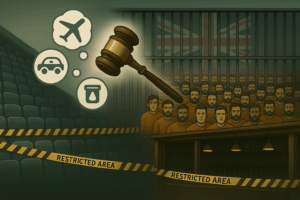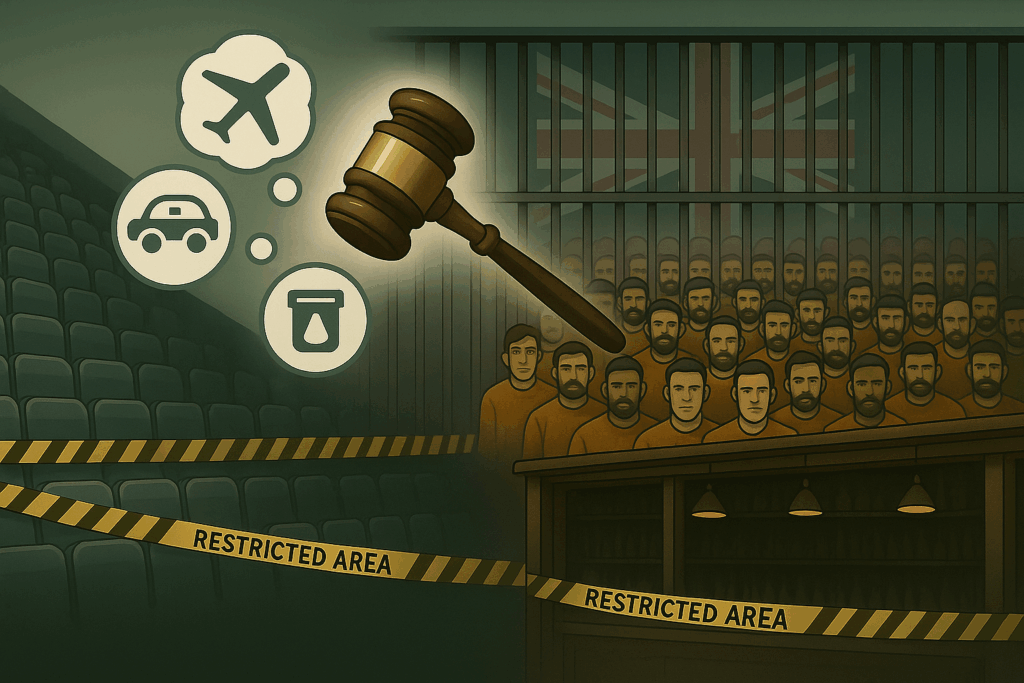
Rather than incarcerating offenders, judges can now clip their freedoms differently—consider pub bans, music festivals, and footy games, coupled with travel, driving restrictions, and zone confinement. The Justice Ministry describes it as an effort to push offenders “back onto the straight-and-narrow.”
“When criminals break society’s rules, they must be punished. Those serving their sentences in the community must have their freedom restricted there too,” Justice Secretary Shabana Mahmood declared.
The announcement follows as Britain grapples with Western Europe’s highest prison rate, the World Prison Brief reports. With prisons full to bursting, the government was compelled to undertake early prisoner releases—a political unpopularity. The new changes, to be announced this Sunday, seek to reduce overcrowding while keeping valuable cell space for the most serious criminals.
What’s new? Soccer game bans, previously confined to on-stadium offenders, might become available for any offense, anywhere. Couple that with compelled drug testing for all managed former prisoners—not merely regular users—and the message is plain: toe the line, and you endanger snapping back in behind bars.
For critics, the plan raises big questions: Can curfews, concert bans, and pub lockouts actually substitute for prison time? For the government, it’s a risk worth taking. As Britain’s prisons creak at the seams with overcrowding, the decision may boil down to this: rethink punishment, or run out of cells.
Subscribe Us
We strive to make a lasting impact on India’s policy and planning landscape through fair, unbiased, and incisive research based journalism.
But we can’t do it alone.
Together, we can create a better India, where policies are fair, planning is unbiased, and the truth prevails. Your contribution matters, and we shall be immensely grateful for your support.

